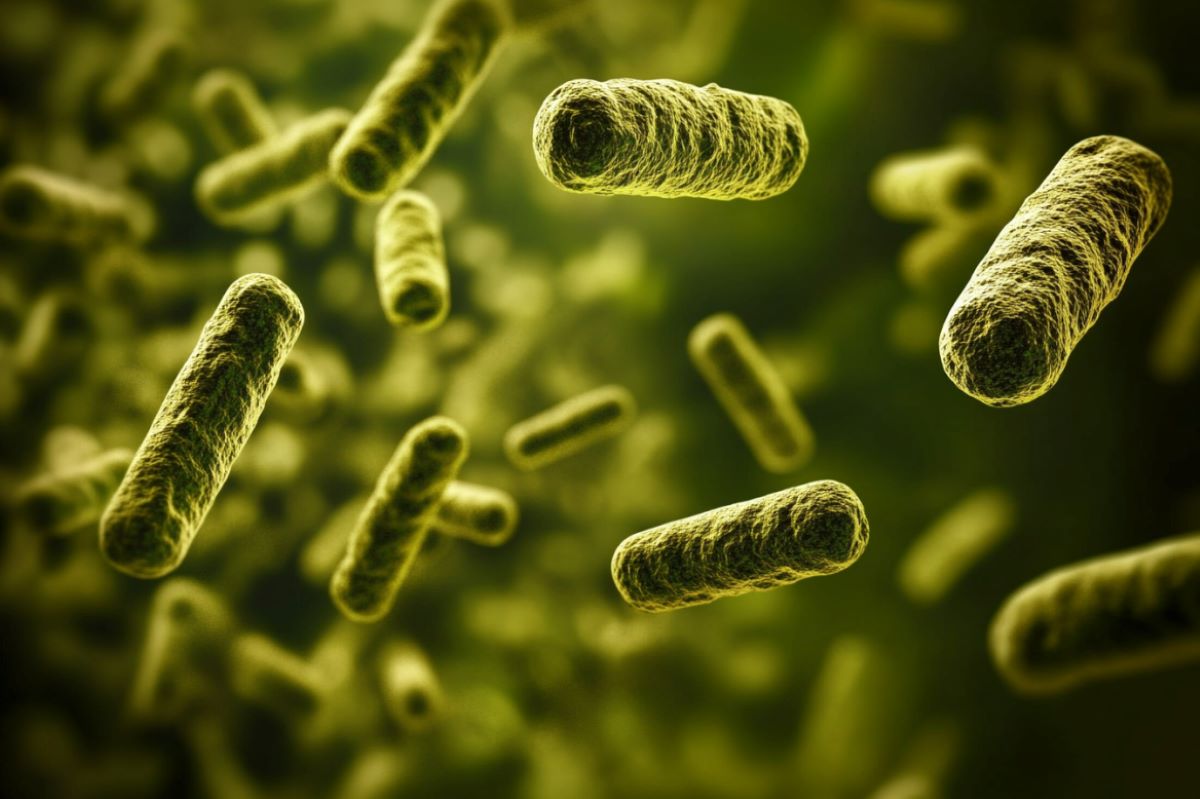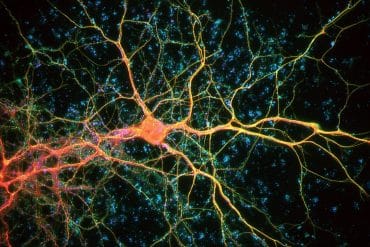Summary: Disruptions in the gut microbiome, especially due to early-life antibiotic use, lead to increased aggression in mice. Researchers transplanted microbiomes from infants exposed to antibiotics into mice and found a clear connection between altered gut bacteria and aggressive behavior.
The study also identified changes in neurotransmitter levels and gene expression in brain regions associated with aggression. These findings highlight the role of the gut-brain axis in shaping behavior and could lead to future interventions for social behavior issues.
Key Facts:
- Early antibiotic exposure alters the gut microbiome, increasing aggression in mice.
- Significant changes were observed in brain neurotransmitters like serotonin.
- The study underscores the gut-brain axis’ role in long-term behavioral outcomes.
Source: Bar Ilan-University
A new study led by Prof. Omry Koren and graduate student Atara Uzan-Yuzari from the Azrieli Faculty of Medicine at Bar-Ilan University has unveiled significant evidence connecting the gut microbiome to aggressive behavior in mice.
Published in the journal Brain, Behavior, and Immunity, the research explores how disruptions in the microbiome, particularly due to antibiotic use in early life, can lead to increased aggression.

The study builds on previous findings that demonstrated a correlation between antibiotic exposure and heightened aggression in fruit flies. By utilizing a mouse model, the researchers have taken this investigation a step further, examining behavioral, biochemical, and neurological changes in response to microbiome alterations.
The team also transplanted a microbiome derived from infants who had received antibiotics shortly after birth into mice, observing notable increases in aggression compared to those receiving a microbiome from infants not exposed to antibiotics.
“Our findings are revolutionary,” said Prof. Koren. “They suggest that a disrupted microbiome during critical developmental periods can lead to persistent aggressive behaviors later in life.”
To assess aggression, the research team employed the resident-intruder paradigm, where a foreign mouse is introduced into the home cage of a resident mouse. The results indicated a clear link between reduced diversity in gut bacteria—caused by antibiotic treatment—and increased aggression. Additionally, significant changes in metabolites and gene expression related to aggression were observed in the brains of the mice.
The study is particularly noteworthy for its use of “humanized” mice, which have been implanted with human intestinal bacteria. This approach enhances the relevance of the findings to human health and behavior, providing insights into how early-life antibiotic exposure can shape future social behaviors.
The research also explores the biochemical mechanisms underlying these behavioral changes, measuring neurotransmitter levels such as serotonin and tryptophan in the brains of the mice. The team identified key patterns of gene expression in several brain regions, highlighting the septum as a crucial area in regulating aggression.
The findings of this study suggest that the gut-brain axis plays a critical role in the development of aggression, particularly when the microbiome is disrupted during crucial developmental periods, such as infancy.
This opens up new avenues for understanding how early-life interventions could influence long-term behavioral outcomes and for developing strategies to mitigate these effects and improve social behavior outcomes.
Funding: This study was funded by a European Research Council (ERC) Consolidator Grant.
About this microbiome and aggression research news
Author: Elana Oberlander
Source: Bar Ilan-University
Contact: Elana Oberlander – Bar Ilan-University
Image: The image is credited to Neuroscience News
Original Research: Open access.
“A gut reaction? The role of the microbiome in aggression” by Omry Koren et al. Brain, Behavior, and Immunity
Abstract
A gut reaction? The role of the microbiome in aggression
Recent research has unveiled conflicting evidence regarding the link between aggression and the gut microbiome.
Here, we compared behavior profiles of control, germ-free (GF), and antibiotic-treated mice, as well as re-colonized GF mice to understand the impact of the gut microbiome on aggression using the resident-intruder paradigm.
Our findings revealed a link between gut microbiome depletion and higher aggression, accompanied by notable changes in urine metabolite profiles and brain gene expression.
This study extends beyond classical murine models to humanized mice to reveal the clinical relevance of early-life antibiotic use on aggression.
Fecal microbiome transplant from infants exposed to antibiotics in early life (and sampled one month later) into mice led to increased aggression compared to mice receiving transplants from unexposed infants.
This study sheds light on the role of the gut microbiome in modulating aggression and highlights its potential avenues of action, offering insights for development of therapeutic strategies for aggression-related disorders.






